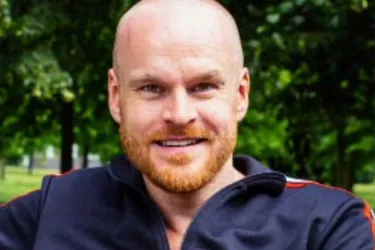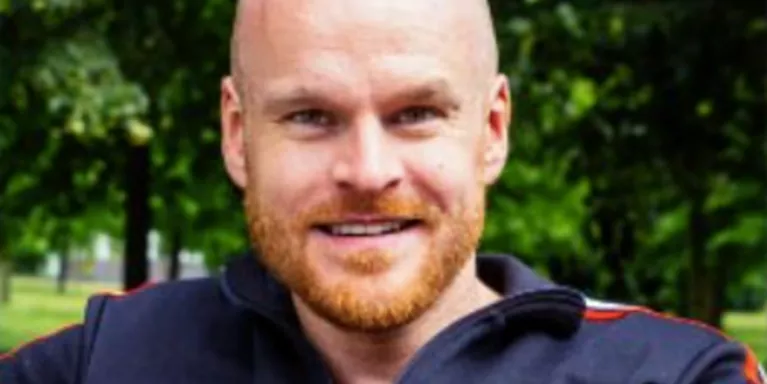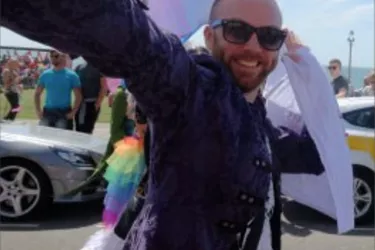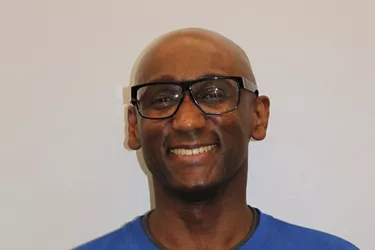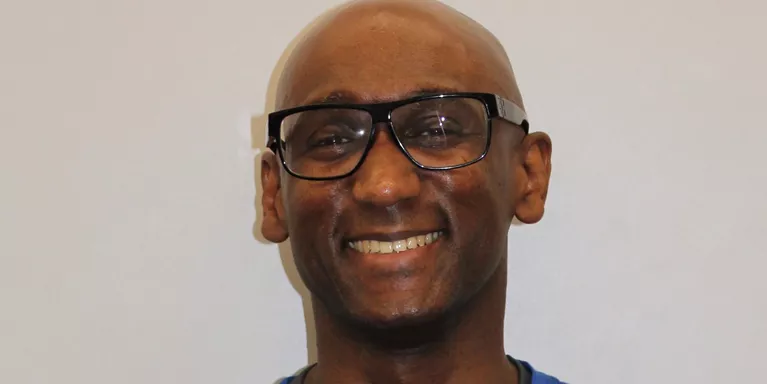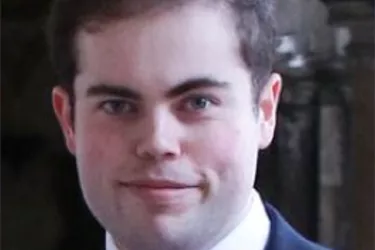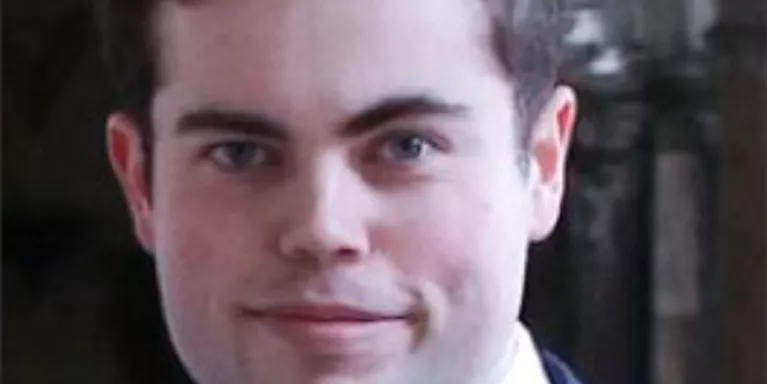Coming out to my therapist
Simon tells us about the challenges he faced in coming out to his therapist as gay, and how, of all the times he has had to come out over the years, this was in some ways the most difficult.
"When you’re somewhere on the LGBTQ+ spectrum, you inadvertently come out (or choose not to come out) nearly every day."
If the postal worker casually asks you if you’re still seeing that guy, do you tell them you’re now seeing a woman? Or if you’re filling out a form, who do you put as your ‘next of kin’? A million different types of coming out, for a million mundane reasons. They often pass unnoticed. But there is an in-built check I think a lot of us do, where we do a double-take and think ‘is it okay, is this a safe-space?’ before we can be ourselves. It’s the same with ‘coming out’ about our mental health. Having had to do both since I was 14, the hardest comings out I’ve had to do, ironically, have been with mental health professionals. Here’s an example:
I referred myself for therapy when I was 15. I’d come out a year before at school and got badly bullied for it. The reasons I went to therapy were for pre-existing mental health problems that I’ve had since I was a small child; anxiety, insomnia, depression, low self-esteem. I didn’t really want to out myself to this therapist.
"I was scared that they wouldn’t understand what being gay was like, that they would just think I had mental health problems because I was gay, or that that was the root of the problem."
But not telling my therapist eventually became part of the problem. That was back in the dark days of 2005. There was little LGBTQ+ representation anywhere, I mean Section 28 (the law that meant LGBTQ+ people had no protections at school) had only just been repealed!
I’ve had more therapy than you’ve had hot dinners. And the reception about my sexuality has ranged from the non-confirming to ignorance to veiled homophobia, to rapturous acceptance.
It’s that age-old worry that you don’t know what your therapists really think. My last but one therapist said something I was incredibly grateful for. He said ‘I’m gay affirming’ or ‘I’m gay positive’, something like that.
"This hip phrase communicated to me that he understood about contemporary gay life, understood the struggles, the stats, but also that every LGBTQ+ person is an individual, and may or may not fit a particular label or box or behaviour."
I recall such negative experiences of mental health professionals who assumed that because I’m gay (or young, or both) that I drink heavily, I take drugs and I’m promiscuous, and then assumed that these are the roots of my problems. Which is silly because even if I did fit that bill, why would there be any judgment about it?
I’ll end with good news, because there is a lot to celebrate in both the mental health and LGBTQ+ community. The understanding of both run alongside each other. The more we are accepted, understood and allowed to just live our lives, the better everything is.
My experience now with mental health services in 2017 is so different. I was still nervous about coming out to my therapist. I was worried he’d just assume stuff, so I gave him a book to read about what it’s like to grow up gay, because he hadn’t had that experience. He took it gratefully and was so open about how he hadn’t known about these experiences and perhaps was ignorant in the past. For him to be open with me about how he couldn’t know but would try to understand is not only a great trait in a therapist, it’s a great trait in a human being. We have lots to do but I feel we’re going in the right direction. I hope.
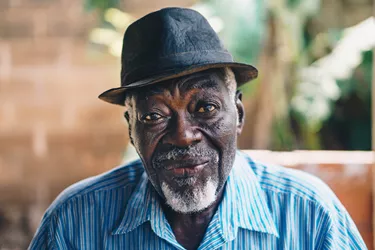

Information and support
When you’re living with a mental health problem, or supporting someone who is, having access to the right information - about a condition, treatment options, or practical issues - is vital. Visit our information pages to find out more.
Share your story with others
Blogs and stories can show that people with mental health problems are cared about, understood and listened to. We can use it to challenge the status quo and change attitudes.










